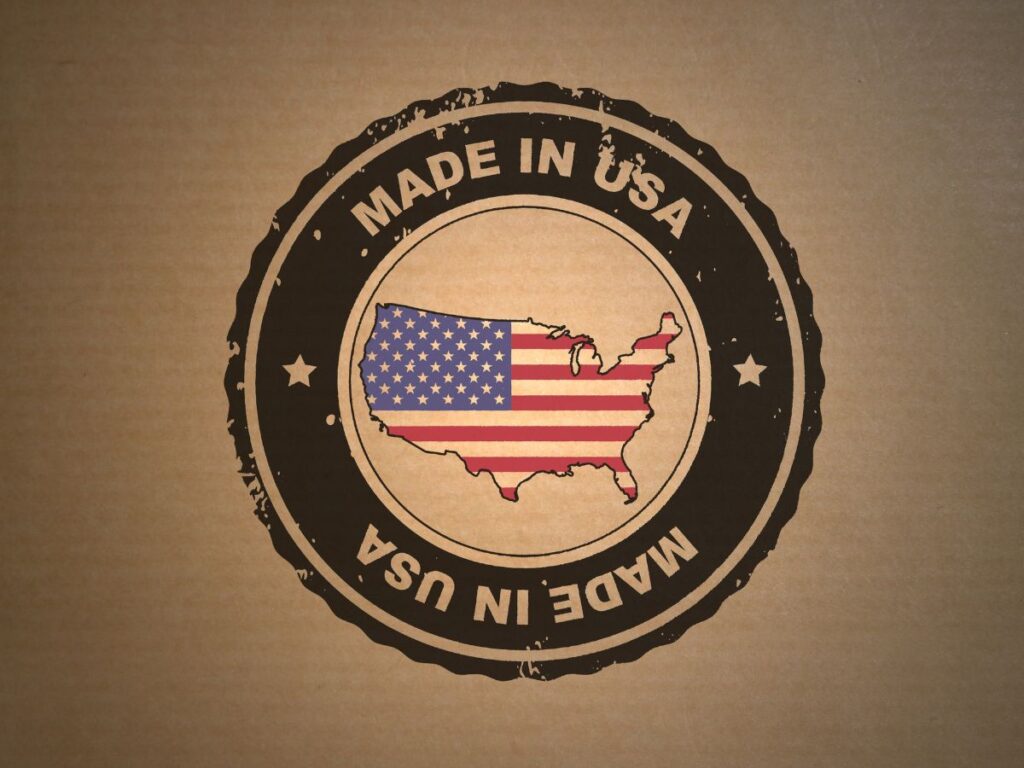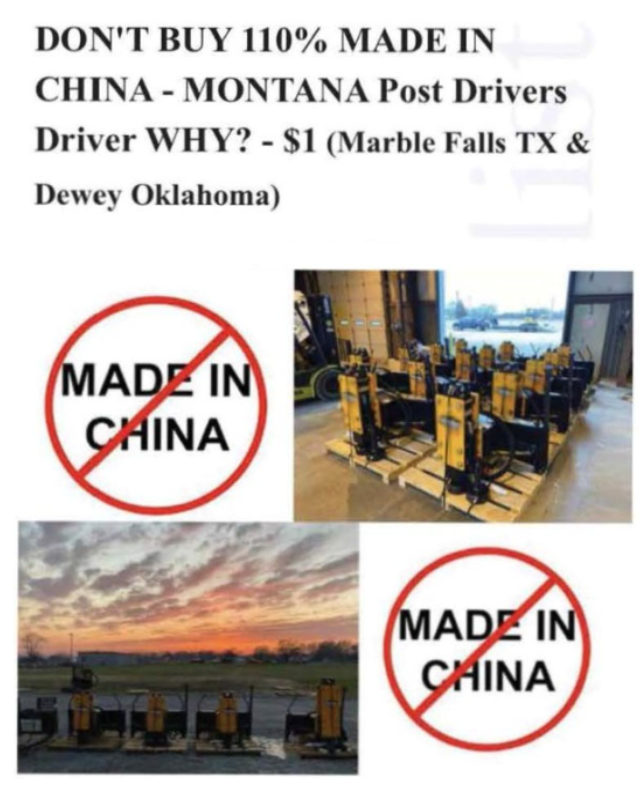On April 12th, the 10th Circuit determined that I Dig Texas’ (“IDT”) use of the term “American-made” to promote its products and to discourage consumers from supporting its competitor, Creager, is inherently ambiguous. Thus, advertisements including that phrase for products assembled in the United States using components from other countries were not literally false under the Lanham Act. The 10th Circuit also affirmed no indirect copyright infringement damages were available to Creager for the use of its copyrighted images in IDT’s ads because Creager was unable to prove a nexus between IDT’s sales and its ads using the infringed photos. As such, the 10th Circuit granted summary judgment in favor of IDT on both Creager’s false advertising and copyright counterclaims and remanded the case to state court for a determination of the state law claims.

The Court considered whether IDT’s ads, bearing the words “Made in America,” and American flags, constituted false advertising. Under the Lanham Act, a claimant may show falsity in one of two ways: (1) when a statement is literally false, or (2) when a statement is literally true, but “likely to mislead or confuse customers.” The statement must be unambiguous to be literally false, meaning if a statement is susceptible to more than one reasonable interpretation it cannot be literally false. Creager only argued the ads were literally false and not that the ads were misleading. To determine whether IDT’s statement was “literally false,” the court asked, “what does it mean to make a product in the United States or in America?” The Court concluded that the term “make” was susceptible to more than one meaning. It could either refer to the origin of the components or the location of assembly of the product itself. Similarly, use of patriotic symbols is also ambiguous since the symbols may imply that the products are American-made, but this cannot be objectively verified as true or false.

The Court further affirmed summary judgment to IDT on Creager’s copyright counterclaims for the use of copyrighted images of Creager’s products next to a “Made in China” symbol, focusing on whether Creager could prove a nexus between IDT’s sales and use of the infringed images. The District Court granted summary judgment to IDT finding that IDT’s use of the images in comparative advertising was permissible fair use without reaching the nexus issue. The 10th Circuit did not address fair use and held there was no nexus because no evidence was presented that IDT sold any additional products due to its ads containing Creager’s copyrighted product photos.
This decision highlights the importance of pleading both “literal falsity” and “true, but likely to mislead” in false advertising cases, as well as the desirability of registering images prior to use in commerce for the availability of statutory damages in copyright infringement matters.
